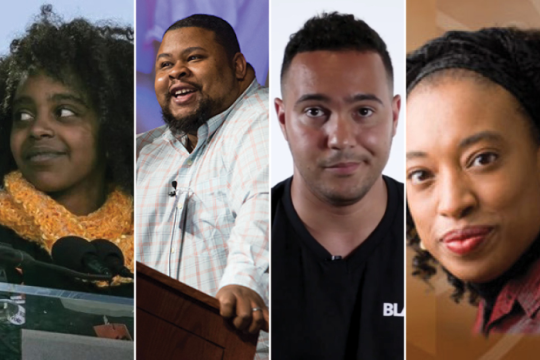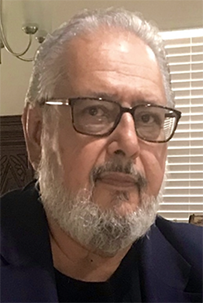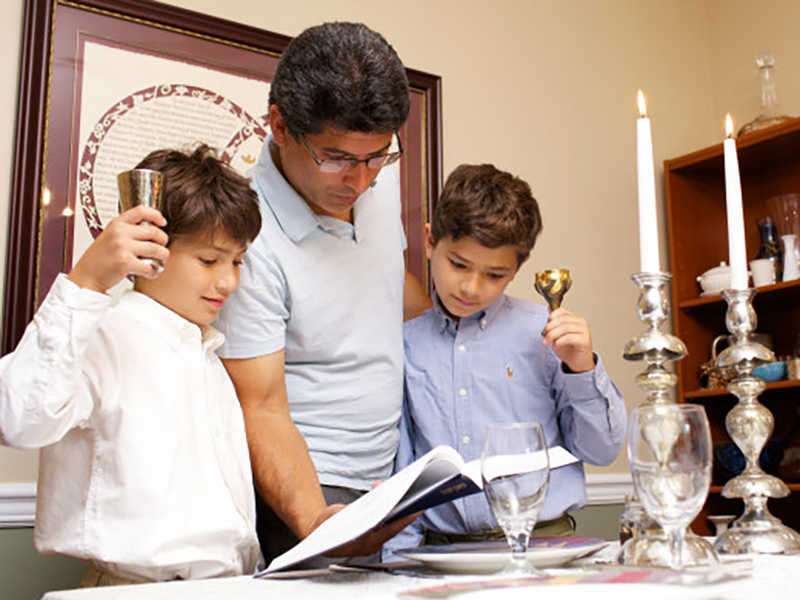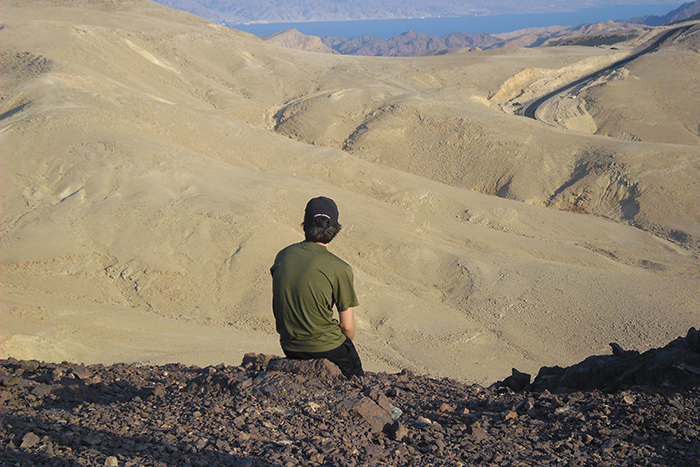
"What are you?" was a question I was often asked in New York City. At first, I did not understand. Having grown up in San Antonio, Texas during the Jim Crow era, there was no doubt in my mind. During Jim Crow, Americans were defined by their skin color. I was not Black, but neither was I white. Therefore, I reasoned, I must be Mexican. That was also the way I was perceived by others. I considered myself a Tejano, a person of Mexican ancestry born in Texas to first-generation parents. My grandparents fled the Mexican Revolution in 1914 and came to Texas. They were originally from Monterey, Mexico, which was founded by crypto-Jews in the late 1500s. Growing up, I spoke both English and Spanish. When I was with my grandparents and older relatives, I spoke Spanish. When I was with my peers, I spoke English. I was able to switch between languages and cultures relatively smoothly. To my family, I was Miguel. In school and other spaces where English was considered the default language, I was known as Mike.
Living between two very different cultures posed some dissonance when I reached adolescence. My hometown was a segregated southern city, and the trappings of segregation were ever present in public places. Having Mexican ancestry made navigating this reality complicated, and it added another layer to my identity. I was not considered "white" in the eyes of many, (although my birth certificate says otherwise). Many people in America perceived me as Mexican, but my cousins in Mexico considered me a "Pocho," a pejorative term that refers to someone born on this side of the U.S.-Mexico border and thus not a "real Mexican."
At my last interview before beginning an Introduction to Judaism class almost 50 years ago, the rabbi asked me how I would feel about becoming a member of another minority group as a Jew. My first answer was something glib. However, upon reflection, I honestly answered that I did not know. I had been considered a minority all my life, depending on who was doing the considering. Being thought of as a minority by the Jewish community, itself a very small minority, was something else entirely.
Trying to answer the question "what are you?" for myself has been an interesting journey. Finding my place within the spectrum of Judaism has provided me an opportunity to explore that. I have worshipped in Ashkenazi synagogues and continue to learn about what I consider my Sephardic roots in the Diaspora. My experience has encompassed everything from lox and bagels to refried beans on matzah.
Encountering antisemitic attitudes and remarks is painful, frustrating, and sometimes angering. When I inform people that I am a Jew, their first remark is usually, "You don't look Jewish." Conversely, being "othered" while attending services or Jewish functions is also frustrating.
Living my life with the Torah and tikkun olam (repairing of the world) as my guides has helped me navigate the dissonance of living within diverse cultures and communities. I try to rear my children in a home where Jewish concepts and values are exemplified. Teaching that all people deserve love and respect is, I must admit, sometimes a struggle. Working in education as an advocate for children with disabilities has given me the opportunity to repair the world a little bit every day by ensuring that children receive appropriate educational services and helping parents navigate a complex and intimidating system.
The society I grew up in gave me resilience, which I still draw from as I continue my journey of finding out who I am. That resilience, coupled with my values (the principles of Torah and philosophy of tikkun olam) have remained constant throughout my quest to define what I am. What am I? I am a work in progress.
Related Posts
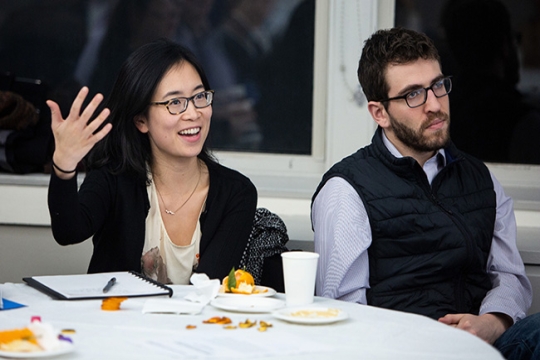
Introduction to Judaism: A Thriving Online Learning Community
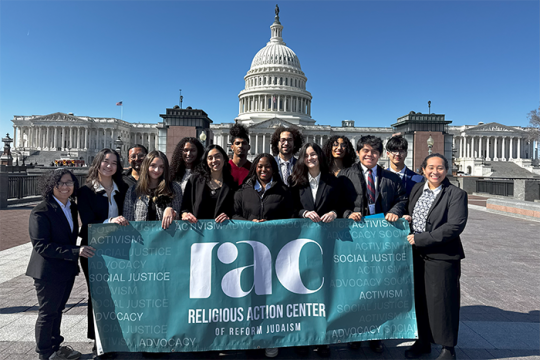
Reflection, Discussion, and Action: Jews of Color Fellowship
